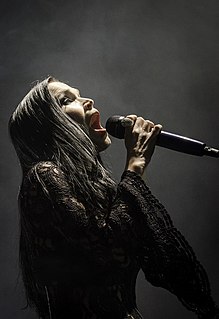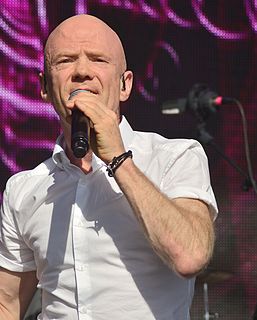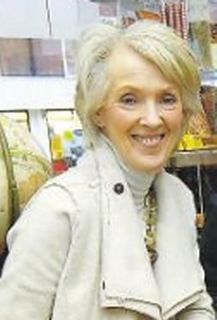A Quote by Lawrence Osborne
Sometimes you can publish a first novel in a kind of lyrical flourish, but it is not really a lyrical form. The beautiful truths about the world are more hard won than that. Novels should be bleach boned. It's a question of cumulative observation and lived suffering. It takes time.
Related Quotes
Since childhood, I was afflicted with a sick hypersensitivity, and my imagination quickly turned everything into a memory, too quickly: sometimes one day was enough, or an interval of a few hours, or a routine change of place, for an everyday event with a lyrical value that I did not sense at the time, to become suddenly adorned with a radiant echo, the echo ordinarily reserved only for those memories which have been standing for many years in the powerful fixative of lyrical oblivion.
Because every book of art, be it a poem or a cupola, is understandably a self-portrait of its author, we won't strain ourselves too hard trying to distinguish between the author's persona and the poem's lyrical hero. As a rule, such distinctions are quite meaningless, if only because a lyrical hero is invariably an author's self-projection.
It takes about a year to write an opera for me, but not a really a year of writing. I'm touring at the same time, and I'm playing, sometimes doing smaller projects.[The opera] Akhnaten fits in with Gandhi and Einstein, so that forms a trilogy in a way.I picked people who were these kind of larger than life characters, who kind of changed the world they lived in by almost the force of their personality and their inventiveness. People that I think not only do I admire but I think they're admirable people.






































